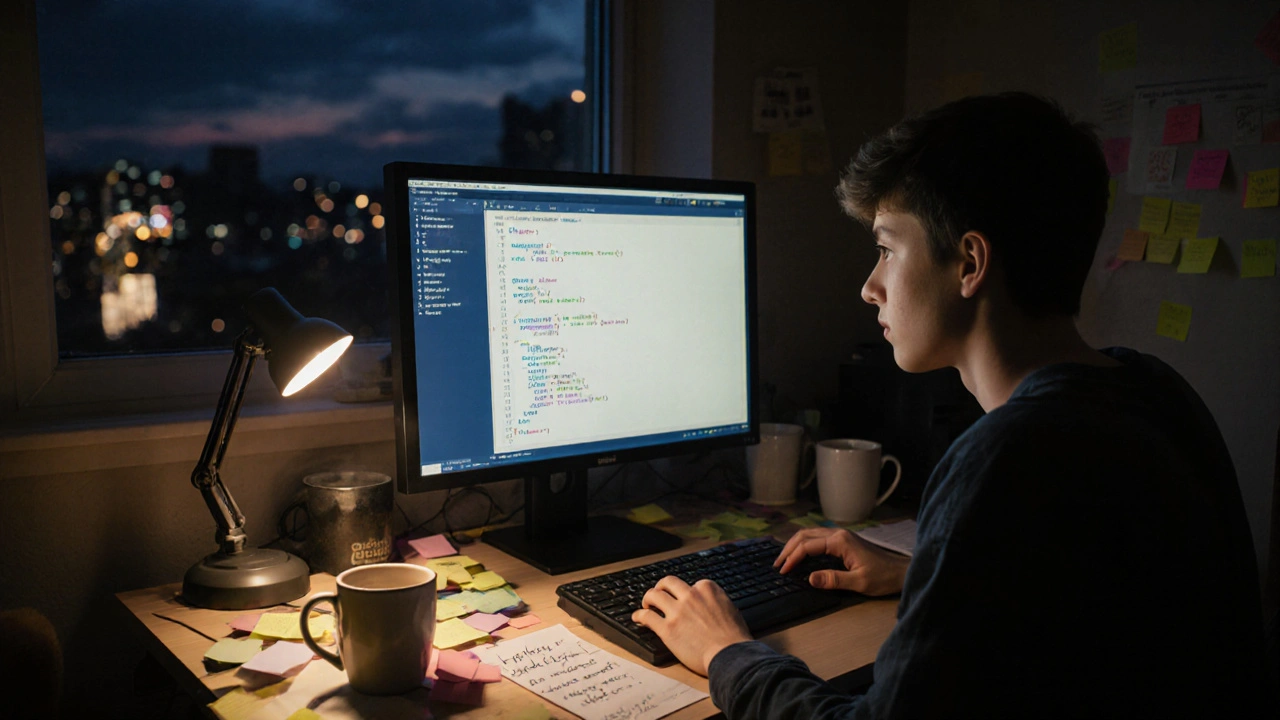Improve Programming: Practical Tips to Code Faster and Smarter
When you want to improve programming, the process of writing, testing, and refining software to solve problems more effectively. Also known as writing better code, it’s not about typing faster—it’s about thinking clearer, reusing smarter, and fixing mistakes before they pile up. Most developers waste hours stuck on bugs, rewriting the same logic, or drowning in messy code. But the best ones? They don’t work harder. They work with better habits.
Code debugging, the systematic process of identifying and removing errors from software. Also known as fixing bugs, it’s the single biggest time-saver in programming. You can’t improve programming if you’re always chasing errors. Learn to use tools like Xdebug or Python’s built-in breakpoints. Stop guessing. Start logging. Stop restarting. Start isolating. One developer we talked to cut their debugging time by 70% just by writing one clear test case before touching the main code.
Programming tricks, small, repeatable techniques that make code cleaner, faster, and easier to maintain. Also known as coding shortcuts, these aren’t magic—they’re habits. Think list comprehensions in Python, using Composer in PHP, or automating repetitive tasks with scripts. These tricks turn average code into professional-grade work. You don’t need to memorize every trick. Just pick one per week. Try it. Use it. Make it yours.
And it’s not just about languages. Developer productivity, how efficiently a programmer delivers working, reliable software. Also known as coding speed, it’s measured in shipped features, not lines written. The fastest coders aren’t the ones who type the most. They’re the ones who plan before they type, reuse what already works, and take smart breaks to reset their focus. Burnout doesn’t make you better. Clarity does.
What you’ll find below isn’t theory. It’s real advice from developers who’ve been there—how to write Python that actually runs fast, how to debug PHP without pulling your hair out, how to use AI tools to spot mistakes before they happen, and how to stop reinventing the wheel every time you start a new project. No fluff. No jargon. Just the steps that actually move the needle.

- Nov 16, 2025
- Andrew Harper
- 0 Comments
The Ultimate Guide to Enhancing Your Coding Skills
Learn how to truly improve your coding skills through deliberate practice, building real projects, reading code, and consistent habits - not just tutorials or courses.
